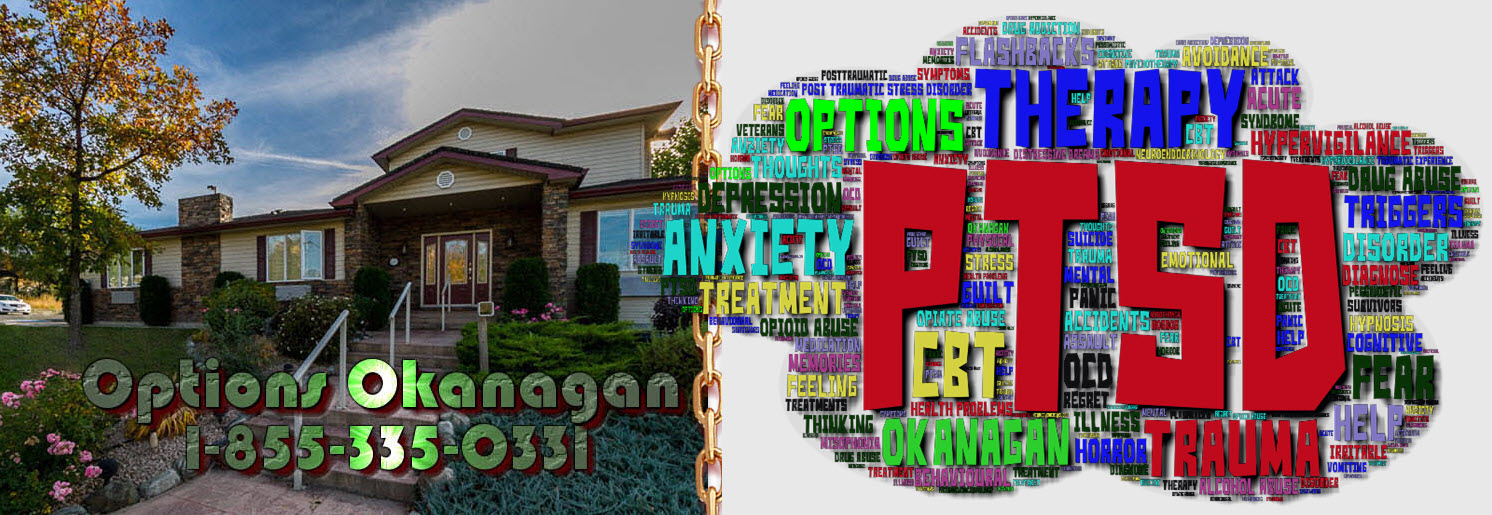A person’s mental health and it means more than simply the absence of mental health disorders. Opiate and prescription drug rehabilitation programs in British Columbia and Alberta – Options Treatment Center in Kelowna, British Columbia treating prescription drug, opiate, fentanyl, heroin, and alcohol addiction and recovery.
Prescription Drug Rehabs In Alberta And BC
Most of society thinks that mental health is only associated with people who have a mental illness or disorder that can be diagnosed. The reality is that everyone needs to care about their mental health. This is society’s basis for being healthy and living a healthy life, which is, in fact, a holistic approach to health. The truth is that many people hold the belief that mental health is the heart of health. A person’s health begins and ends with their mental health.
This includes everything and it is everyone’s responsibility.
The fact is that everyone’s mental health is often ignored until something goes wrong. Until then, people have to wait for symptoms or signs that this is important for their very existence, their well-being, their relationships with others, their perceptions, fulfillments, and even their very own happiness.
Mental Health Disorder Programs In Alberta And BC
Although society has made great medical progress, it seems that the public’s general knowledge about mental health is still lacking. People will quickly adjust to their physical disabilities but lag behind in their mental health solutions. If society has anything, there are still some problems left to solve and what is known is not totally convincing. The medical profession today has not yet developed a universal method for treating mental health disorders, and even estimates and diagnoses of such diseases are inadequate.
In the past years, the general concept of health was the individual is lacking a disease.
If so, then when an individual who is not diagnosed with a heart attack but is afraid of something like the dark, their shadow or heights is a healthy individual. Not really.
Although cholesterol levels, blood pressure, and body temperature are easily assessed, they are still considered separate components of a person’s health. But, breakdowns in one of these mechanisms can make an individual physically sick. Although, an individual’s health depends not only on how well their body works but also on how well they are mentally, emotionally and also their social attitudes. The emergence of mental illness is much more difficult to assess because most symptoms manifest themselves secretly at the developmental stage of the mental disorder, and internal conditions depend on the subjective nature of the disorder. For instance, an individual that usually feels “blue” or “down” might be diagnosed with clinical depression or not.
But, people must also have to take into account the social dimension of mental health. Individuals who suffer from a disease or are ill have clearer disease manifestations so that society and the immediate environment can easily see whether they are really sick or not. But, for individuals with mental health disorders, ignorance can cause misperceptions. For instance, an adolescent who became addicted to drugs and then commits suicide is considered to be wild, dangerous, irresponsible and even desperate, but the reality is they had a mental health disorder.
A simplified version of describing a person’s mental health would be a “successful mental function”. But what are the parameters of this definition? How can medical professionals tell that a person is struggling with mental illness?
1) An individual who has been in a depressed state for a long time for no real reason.
2) A person who has lapses in thinking
3) A person who has changed their behaviors and moods
4) An individual who is dependent on substances such as drugs or alcohol or may have psychological problems
5) An individual who is socially dysfunctional
These are just some ideas, examples of how an individual with mental health disorders can or may behave. Today, it is not conclusive. Because people cannot yet understand, mental health is directly related to physical or health disabilities. The two may be the same, but they are very different.
Options Okanagan Opiate and Alcohol Treatment Centers in Kelowna, Salmon Arm and Vancouver, British Columbia – Men and Women are recovering and healing from Alcohol and Drug Abuse at our treatment center here in the Okanagan right now.
Our unique and distinctive Opiate Drug and Alcohol treatment program allow men and women to come in from Calgary as well as Edmonton as we offer airport pickup.
Numerous clients come to us from Vancouver, Calgary, and Edmonton and other locations in Alberta and even other provinces for Opiate addiction treatment, heroin drug treatment, many other drugs, and alcohol addictions for rehabilitation because of the uniqueness of our treatment center.
Our (Kelowna) Alcohol and Drug Treatment Program Location:
(Not Mailing Address) – Contact Us – Web Page
For Mail Delivery :: Please contact each center for correct mailing addresses, also this location is the location of our residential treatment programs in Kelowna. Please call Toll Free 1-855-335-0331 – to contact the treatment center you are going to for the address and directions.
Options Okanagan Drug and Opiate Treatment Center
551 Sherrydale Crescent, Kelowna, British Columbia, V1V 2E6
Toll-Free Phone Number: 1-855-335-0331


 and Trauma Rehab Centers in Alberta and BC - Options Okanagan.jpg)
 and Trauma Treatment - Mental Health Disorder Programst in Alberta and BC - Options Okanagan.jpg)
